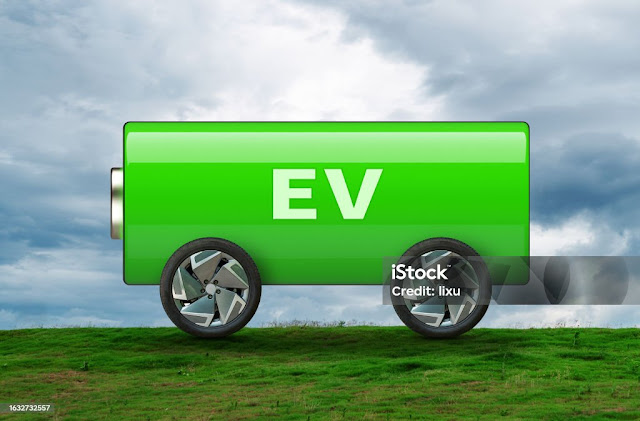Sustainability in Automotive Technology: Reducing Emissions and Waste

As the world grapples with climate change and environmental degradation, the automotive industry is at a crucial crossroads. With millions of vehicles on the road contributing significantly to greenhouse gas emissions and waste, there is an urgent need for sustainable practices in automotive technology. From the production process to vehicle operation and end-of-life disposal, the focus on sustainability is reshaping how manufacturers design and build vehicles. This blog explores the various strategies being implemented within the automotive sector to reduce emissions and waste, as well as the role of innovative technologies in driving this transformation. The Need for Sustainability in the Automotive Industry The automotive industry has long been a significant contributor to environmental issues, including air pollution, resource depletion, and waste generation. According to the International Energy Agency (IEA), the transportation sector accounts for nearly 24% of global CO2 emission...


